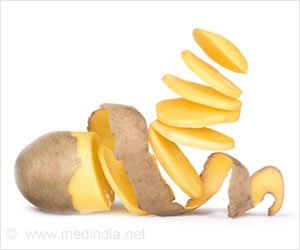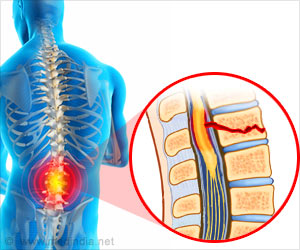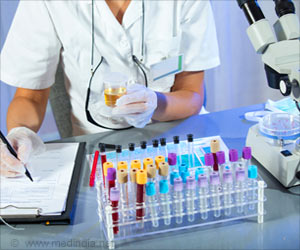Acrylamide, a natural by-product formed when certain starchy foods are heated at high temperature, can cause cancer in humans, though not proven.
Highlights
- Potatoes, chips, bread and parsnips produce acrylamide when they are baked, roasted, grilled or fried at high temperatures.
- Acrylamide is present in many different types //of food and is a natural by-product of the cooking process.
- Research in animals has shown that the chemical is toxic to DNA and causes cancer so scientists pose a caution to humans also.
The Food Standards Agency (FSA) recommends carefully following cooking instructions and avoiding browning. However, a Cancer Research spokeswoman said the link was not proven in humans.
The highest levels of the substance are found in foods with high starch content which have been cooked above 120C, such as crisps, bread, breakfast cereals, biscuits, crackers, cakes and coffee.
When bread is grilled to make toast, for example, this causes more acrylamide to be produced. The darker the colour of the toast, the more acrylamide is present.
During the browning process, the sugar, amino acids and water present in the bread combine to create colour and acrylamide - as well as flavour and aroma.
The possible effects of acrylamide exposure include an increased lifetime risk of cancer and effects on the nervous and reproductive systems. But whether or not acrylamide causes these effects in humans depends upon the level of exposure.
Steve Wearne, director of policy at the Food Standards Agency, said most people were not aware that acrylamide even existed. "We want our campaign to highlight the issue so that consumers know how to make the small changes that may reduce their acrylamide consumption whilst still eating plenty of starchy carbohydrates and vegetables as recommended in government healthy eating advice."
"Although there is more to know about the true extent of the acrylamide risk, there is an important job for government, industry and others to do to help reduce acrylamide intake."
Emma Shields, health information officer from Cancer Research UK, acknowledges that acrylamide in food could be linked to cancer - but she says the link is not clear and consistent in humans.
To be on the safe side, people can reduce their exposure by following a normal healthy, balanced diet - which includes eating fewer high calorie foods like crisps, chips and biscuits, which are the major sources of acrylamide.
"The UK Food Standards Agency also advises that people cook starchy foods like potatoes and bread to a golden yellow colour or lighter, as the time and temperature of cooking determine the amount of acrylamide produced."
The Food Standards Agency says it is not clear exactly how much acrylamide can be tolerated by people, but it does believe that we are eating too much of it.
Source-Medindia















